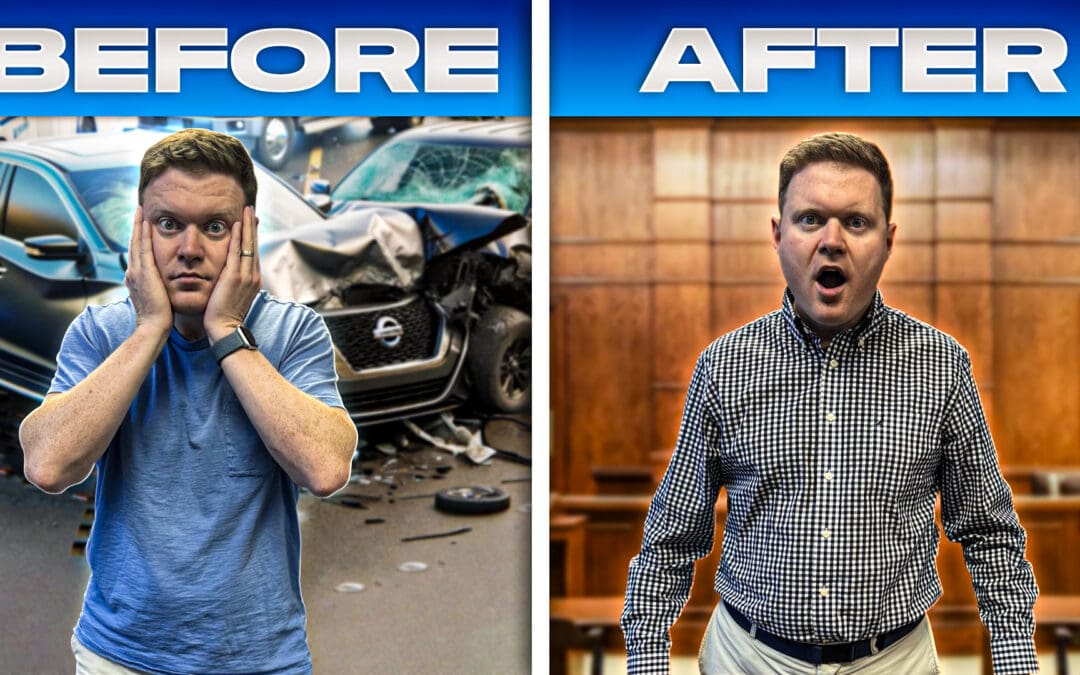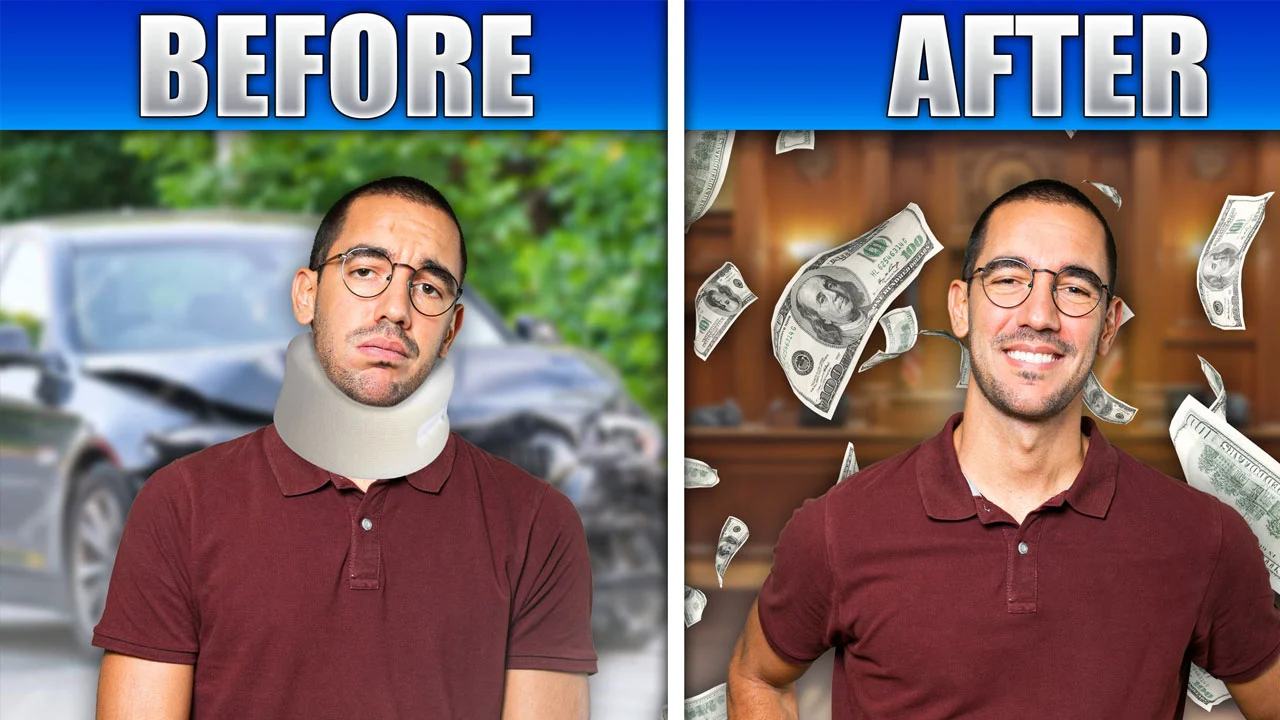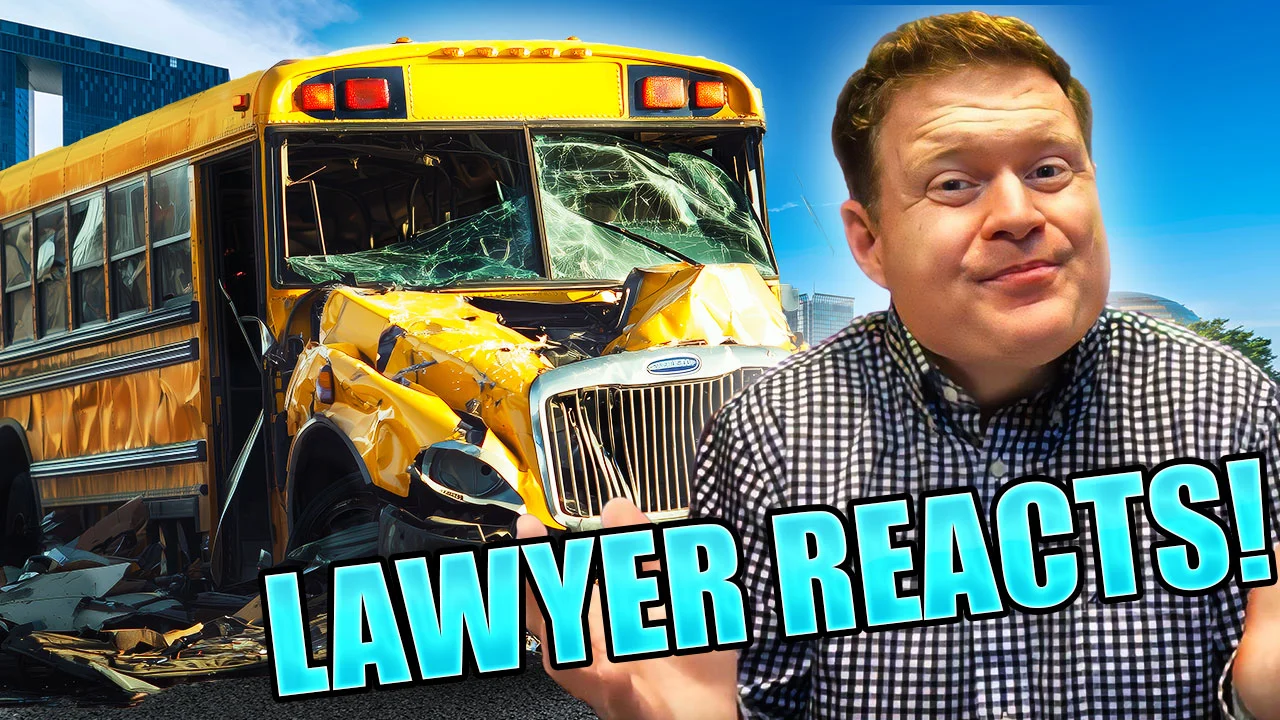Getting sued after a car accident can be a stressful and overwhelming experience. In this video, I will break down the entire process from what happens when a lawsuit is filed to what you can expect if your case goes to trial. When someone sues you after a car accident, they are the plaintiff in the case. The plaintiff must file a legal document known as a complaint with the court, which officially starts the lawsuit. This complaint outlines the plaintiff’s claims, including the details of the accident, the legal grounds for the lawsuit, and the specific damages or relief the plaintiff is seeking. After filing the complaint, the plaintiff must serve it to all defendants, including you. There are different methods for serving a complaint, but it’s often done through certified mail by a sheriff, law enforcement, or a police officer.
Once you receive the complaint, it’s crucial that you immediately notify your automobile insurance company and send them a copy of the complaint. Your insurance company is responsible for providing a defense attorney who will represent you in the lawsuit. If you believe you were not at fault for the accident and you’ve suffered injuries, your attorney may need to file a counterclaim. As part of your defense strategy, this counterclaim would allow you to seek damages for your own injuries from the plaintiff. Timing is key in these cases. You have a limited amount of time to respond to the lawsuit by filing an answer to the complaint in a counterclaim if necessary. Failure to respond promptly can harm your defense and limit your options.
In states like Kentucky, where I practice law, you can often recover at least part of your damages if you can show that the other driver had some level of responsibility for the accident. So if you are sued and you believe you have a case, don’t hesitate to consult with a Louisville injury lawyer who can help you navigate the process and possibly secure a settlement for your own damages. Once you’ve been served, you’re involved in a case and you’re able to get a settlement for your own damages. The involvement in the case will likely continue when your defense attorney reaches out to discuss your side of the story. One of the first steps in the legal process may involve responding to written discovery requests. Written discovery includes answering written questions and providing documents related to the accident.
Your attorney will assist you in preparing these responses. At some point, the plaintiff’s attorney may request your deposition, which is where you will give your sworn out of the case. If you’re not sure what to do, you can ask your attorney to give you a statement of court testimony. A deposition allows the attorneys to gather information and understand the case better. Your testimony at the deposition is crucial because it can be used in court, especially if there are discrepancies later in your statements. Your attorney will help you prepare for this and will defend you at your deposition. After the deposition stage, your direct involvement may be minimal until the trial. If your case goes to trial, you will not be charged for any damages.
However, throughout the trial, your insurance company is obligated to protect you from a judgment that exceeds your policy limits. If you consider that you might be liable for significant damages, you should communicate with your insurance company about the possibility of settling the case to avoid further financial risk. If your case does proceed to trial, your attorney will do most of the preparation and represent the case in the trial. presentation. You’ll need to be present at trial and may need to testify, but your lawyer will handle the majority of the work. At the conclusion of the trial, your involvement in your case will likely be over. While any judgment ordered at the conclusion of the trial can be appealed, it’s unlikely you will have to be involved in the appeals process.
So now that you know what to expect when you get sued following a car accident, what if you are someone who is considering filing a counterclaim in the car accident lawsuit filed against you because you don’t believe you were at fault for the accident and you suffered a neck injury in the accident? Well, if that sounds like you, my guess is you’re wondering if it is even worth pursuing your neck injury claim, and I answer that question in this video about to pop up right here, you should watch that video next. Also, don’t forget to subscribe to my channel right here for more helpful videos like this one. Lastly, if you’ve been injured in Kentucky, remember: Don’t wait, call Tate.








Recent Comments